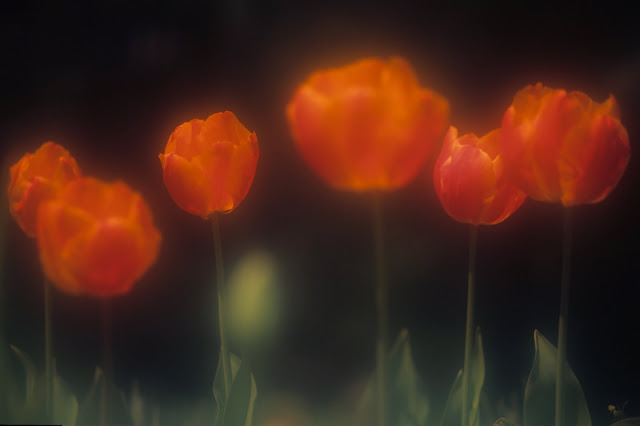Several years ago, while searching the internet for information on long-distance walking, I discovered The Solitary Walker, a wonderful, multifaceted blog published by Robert Wilkinson. As the title of the blog reveals, Robert is a passionate walker. He has walked thousands of miles in the U.K. and the rest of Europe. According to my last count, he has completed five caminos on the network of pilgrim paths that lead from various parts of Europe to Santiago de Compostela, Spain. However, as any reader of The Solitary Walker will soon discover, walking is not Robert's only passion. He is also a gifted poet, and he has just published his first collection of poems under the title of Raining Quinces.
The new collection contains over eighty poems which are organized under three sections: Camino (poems inspired by Robert's wanderings on the French and Spanish pilgrim routes to Santiago); Lightness of Being (light verse and humorous poems); and Blue Fruit (poems on love, life, nature, landscape, art, and family relationships). Underpinning all of the poems, however, is a spiritual quest, an ongoing journey to pierce through the veneer of the material world and discover something of eternal value.
In "Deep Blue," one the last poems in the book, the poet is engaged in an imaginary conversation with Deep Blue, the name of the chess-playing computer which beat world chess champion Garry Kasparov in a famous 1997 match. When Deep Blue questions the value of poetry in modern times, the poet reminds it of how difficult it is to compose poems —
In words direct as sunlight,
Subtle as moonbeams
And real as seeds and stones.
Readers of Robert's new poetry collection will discover that the poet's own standards have been clearly achieved with both grace and beauty. These poems are "direct as sunlight, subtle as moonbeams, and real as seeds and stones." In ways that are both unexpected and pleasurable, they open our eyes and hearts to the realities of life; they allow us to see our own questing hearts in the hearts of others; and they remind us that a fearless creative life is itself a path to understanding — perhaps even redemption.
Raining Quinces can be purchased through both Amazon US and Amazon UK. I heartily recommend it. I also highly recommend Robert's excellent new online poetry magazine, The Passionate Transitory, which features poetry from contemporary poets throughout the world. The magazine also features interviews with these poets.



















